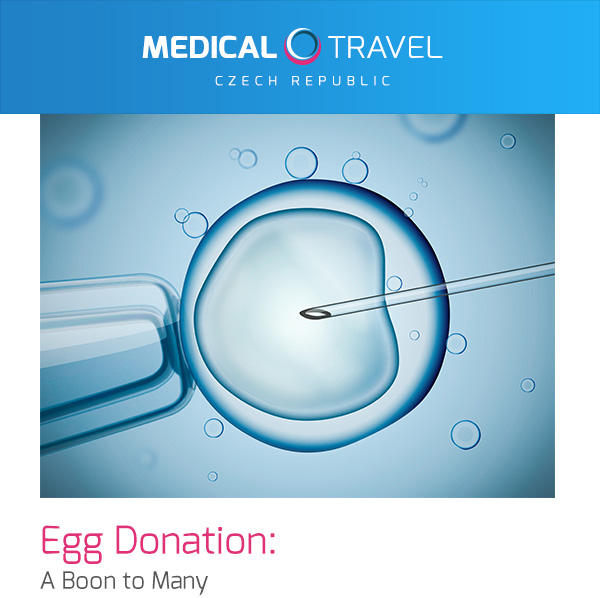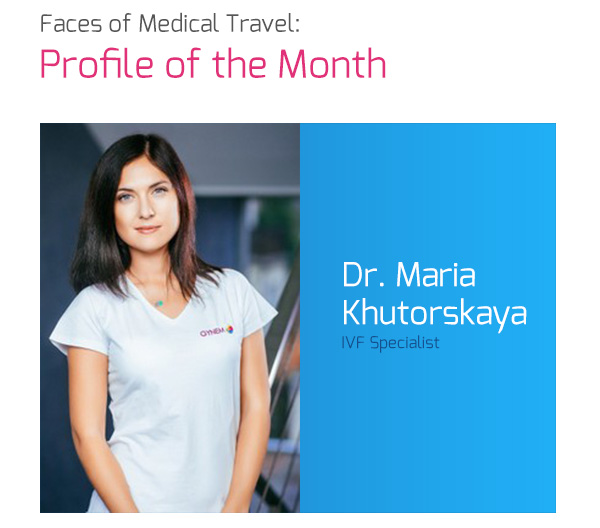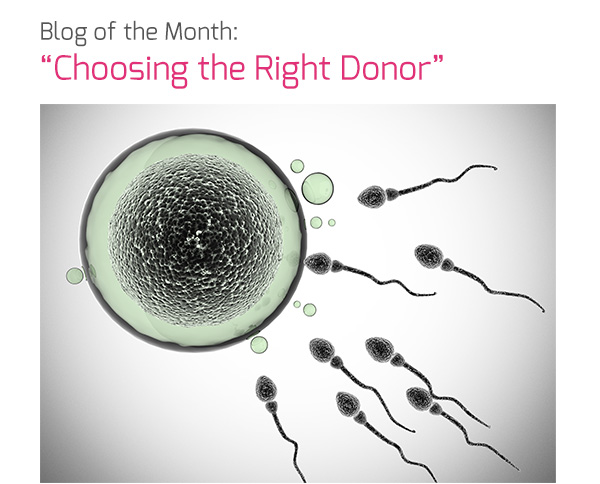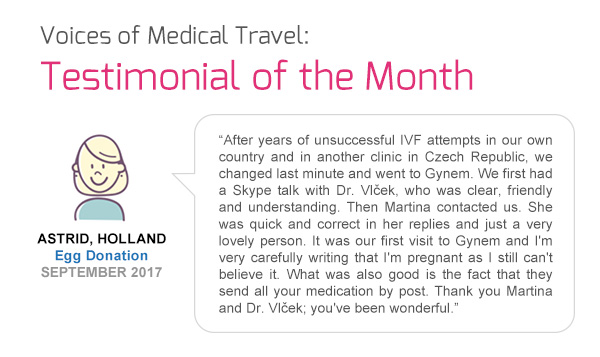| ||
 |
||
|
In its most basic terms, the process of egg donation is a fairly easy one to understand: a woman—the “donor”— furnishes one or more of her eggs to permit another woman—the “intended parent” or “recipient”—to conceive through in vitro fertilisation. Though simple in concept, egg donation is nevertheless significant in its ability to provide a viable solution to those looking to bear a child of their own, but who could not otherwise do so. Women, whose quantitative and qualitative production of eggs has been negated—whether by nature, age, or injury—may well find remedy through this technique. Perhaps one of the most critical steps for the intended parent, in the course of egg donation, is that of the donor selection process. Since the child will not share in the specific genetic makeup of the recipient, it is often preferable, for the sake of both mother and child, to find a donor whose physical traits mirror those carried or desired by the recipient, as much as possible. As such, it is imperative that the agency or clinic one decides upon has access to a sufficiently extensive selection of potential donors to be able to fulfil those requirements. If that facility can offer a guaranteed match, according to height, weight, eye and hair colour, and blood type, so much the better. Medical Travel can do just that. To learn more, pay us a visit at medicaltravelczech.com. |
||
|
If you're interested in our services and keen to save some money, go here for a €50 discount. |
||
 |
||
|
Born in 1983, Dr. Khutorskaya graduated from Samara State Medical University in Samara, Russia, later receiving a certificate from Charles University of Prague in recognition of her studies. In addition, she spent a year studying at the University of Siena and, in 2013, completed further coursework through The Fetal Medicine Centre of London. Dr. Khutorskaya is a positive, communicative, and stress-free professional. Her personal hobbies include travelling, literature, and sport, and she speaks English, Russian, and Italian, fluently. To learn more of Dr. Khutorskaya’s extensive CV, go here. |
||
 |
||
|
In extension of this month’s topic, Medical Travel writer Sarah delves a bit further into a few essentials to consider when going through the process of selecting an egg donor. |
||
 |
||
|
Go here to read more testimonials. |
||
 |
||
|
||
| If you do not wish to receive messages from us any longer, please go here to unsubscribe. | ||
| © Medical Travel Czech Republic. All Rights Reserved, Design by XTEND London |